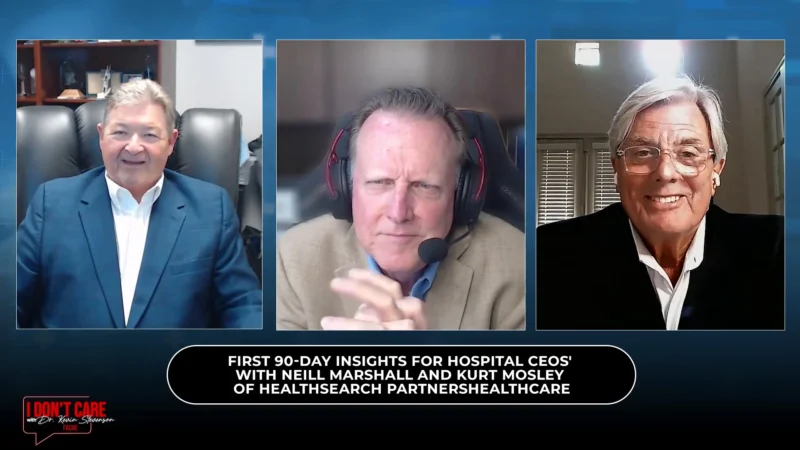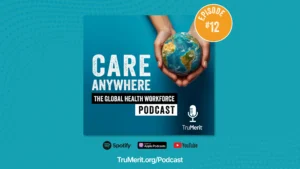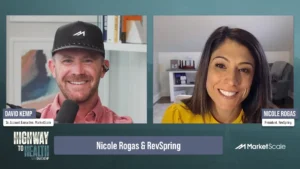Hurricane Maria Continues to Wreak Havoc on the Medical Industry
Though it has been nearly four months since Hurricane Maria made landfall in Puerto Rico, the effects continue to devastate the medical industry both on the island and the mainland. The power grid on the island remains mostly inoperable, leaving Puerto Rico’s many medical equipment manufacturing plants unable to operate.
The United States Food and Drug Administration (FDA) has confirmed that the U.S. territory of Puerto Rico typically produces about $40 billion worth of pharmaceuticals each year. This amounts to more pharmaceutical production than any one of the 50 states, any other U.S. territory, or any single foreign country. Unfortunately, these productive manufacturing facilities have mostly shut down since Hurricane Maria hit land nearly four months ago, and the plants that are in operation continue to rely on generators.
Three of the affected manufacturing plants are home to Baxter, one of the most significant suppliers of IV bags. All three of Baxter’s plants on the island were forced to stall manufacturing. While two stations are now up and running on generators, the other remains closed.
According to the New York Times, about 10% of the drugs that Americans consume every day are made in Puerto Rico. While the island continues to recover from the devastating hurricane, medical professionals on the mainland should expect low supply, back orders, and price increases.
Unfortunately, these drug shortages could affect Accutome by Keeler and its customers. Ophthalmology offices should be aware of this backup and prepare accordingly. These professionals should expect Accutome and other providers to be out of certain products like morphine, IV solutions, mesh, surgical scalpels, and more. While the provider works hard to secure these products for customers.
The FDA is working with the manufacturers in Puerto Rico to get production back on track. The agency is currently monitoring a total of 90 products in hopes of stopping shortages before they become critical. The administration is also working with Puerto Rico to get manufacturing back on track.
“We continue to work closely with federal and Puerto Rican authorities to address the needs of manufacturers on the island for power and other resources. … Mitigating medical product shortages will require a sustained effort by the industry, the agency, and other partners as we work with manufacturers to return to production levels that adequately meet the needs of patients,” FDA Commissioner Scott Gottlieb, MD, said in a statement.
Thanks to generous tax incentives, Puerto Rico is home to many big-name manufacturers such as Johnson & Johnson, Pfizer, and Abbott Medical Optics. However, because only about half of these manufacturers are producing right now, medical professionals across the United States are destined to feel the shortage.
Since 2014, the FDA has been monitoring Puerto Rico for potential drug shortages. But Hurricane Maria turned a potential problem into a significant and immediate emergency. This shortage has made it difficult for cancer patients to receive proper care because Baxter makes the saline bags used for treatments. Furthermore, care of premature babies has been placed in jeopardy due to the shortage.
Accutome by Keeler is in its fourth decade of operation and will not allow this hurricane to end its reputation as a leader in the ophthalmic industry. With superior customer service, quality, and innovation, the company will continue to serve its customers through this crisis. Customers should feel free to contact their representatives with any questions they may have.
Accutome by Keeler stands with the people of Puerto Rico, its customers, and its commitment to service. While Hurricane Maria may have disrupted supplies, customers will not see a disruption in the service they have come to expect.
Read more at accutome.com









